Are Body Piercings Safe? A Quick Guide To Piercing Safety
Tyler Martina
Are Body Piercings Safe? A Quick Guide To Piercing Safety
People have been getting body piercings in different cultures throughout the world for thousands of years. Piercings are one of the most common ways men and women around the globe choose to express themselves. Even with this popularity there are still a lot of questions people have about piercing, and one of the most common is, “Is getting a piercing safe?”.
Piercings, in general, are very safe when done by a properly trained piercing professional using sterile equipment. Most of the potential issues with a piercing come during the healing process, but most of these issues can be avoided by practicing proper piercing aftercare.
That being said, with any piercing there are still some risks and potential complications to be aware of. That is why we put together a quick list of the most common safety concerns related to piercings:
Infection From Piercings
Infections are the most common complication of body piercings. A piercing infection can occur if the piercing is not done with sterile equipment or if the area is not kept clean. However, the most common cause of an infection of a piercing is improper piercing aftercare.
Symptoms of a piercing infection include redness, swelling, pain, and discharge. In severe cases, an infection can lead to blood poisoning, which can be life-threatening. Make sure to contact your piercer, dermatologist, or a medical professional if you suspect your piercing may be infected.
To avoid a piercing infection go to a reputable piercing shop that uses single-use disposable equipment, and where anything multi-use has been sterilized in a properly functioning autoclave, like at Mr.Inkwells. Also, make sure to follow proper piercing aftercare for individual piercings. Click here to read the guide on proper piercing aftercare for each piercing location.

Clean procedure area and piercing tools are an important step in piercing safety
Allergic Reactions From Piercings
Some people may have an allergic reaction to the metal in the jewelry used for the piercing. Nickel is a common metal that can cause an allergic reaction, but other metals can also be problematic.
Symptoms of an allergic reaction include redness, itching, and swelling.
To avoid an allergic reaction it’s important to only get pierced with the most body safe metals Implant Grade Titanium and 14k Gold. At Mr. Inkwells we only use these body safe metals to ensure you have the safest piercing experience possible. To learn more about body safe piercing metals and the best metals for piercing click here

Implant Grade Titanium and 14k Gold are the most body safe metals for piercings and help minimize the chance of an allergic reaction
Nerve Damage From Piercings
Nerve damage can be a side effect to an improperly done piercing, the body has thousands of nerve endings, especially in sensitive areas, and the piercer must know exactly where the safest place for a piercing is to prevent possible nerve damage.
Symptoms of nerve damage can include numbness, tingling, or loss of sensation in the area around the piercing.
To avoid make sure you are pierced by a master piercer with a good knowledge of anatomy, this will make your new piercing far less likely to cause nerve damage.

Nerve damage from a piercing is possible in highly sensitive areas, but chances are greatly reduced when pierced by a skill piercer
Keloids From Piercings
Keloids are raised, thickened scars that can form around a piercing. They are more common in people with darker skin and can be difficult to treat.
Keloids are more likely to form when piercings are done too deep, however if you are prone to them, they can happen from any piercing.If you have a history of keloids please let your piercer know.

A small keloid on a navel piercing
Rejection Of Piercings
Sometimes the body rejects a piercing, pushing the jewelry out of the skin. This can happen if the piercing is done too deeply or if the jewelry is not the right size or shape.
This can almost be entirely prevented by only having a skilled piercer do your piercing, and using the right jewelry, for the right location, made of the right metal. I know you may want a certain piece of jewelry right now, but it is better to wait until it is fully healed.

Proper jewelry i.e. studs not hoops for initial piercing, and body safe piercing jewelry will greatly reduce odds of piercing rejection
Piercing Safety In a Nutshell
The most important thing when it comes to piercing safety is choosing a reputable piercing shop, with skilled piercers, that use sterile equipment and follow proper hygiene practices.
Next, you must always follow proper piercing aftercare. There are plenty of perfectly safe piercings done that have been destroyed by improper aftercare. A piercing is a commitment of at least a few months of healing, if you do not have the time to invest in this, then wait to get that piercing you’ve had your eye on until you do. I promise your body will be much happier.
When you are pierced at a reputable shop and follow proper piercing aftercare, piercings are very safe. However, there are always some potential risks and complications to be aware of, and we hope this guide can help you to make an informed decision about your next piercing.
See you soon!



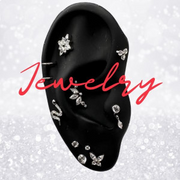























































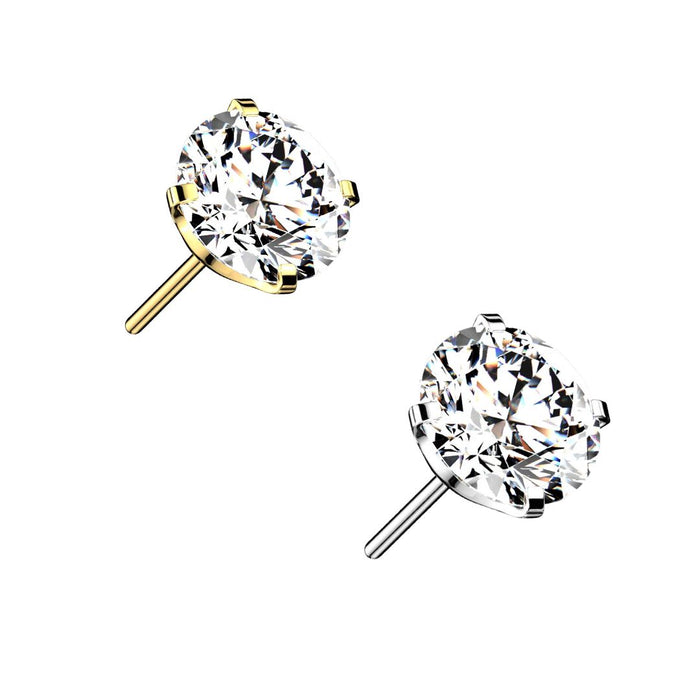
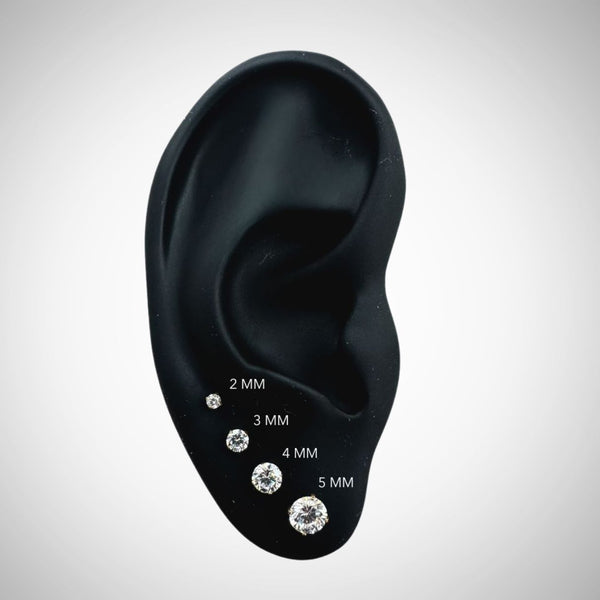
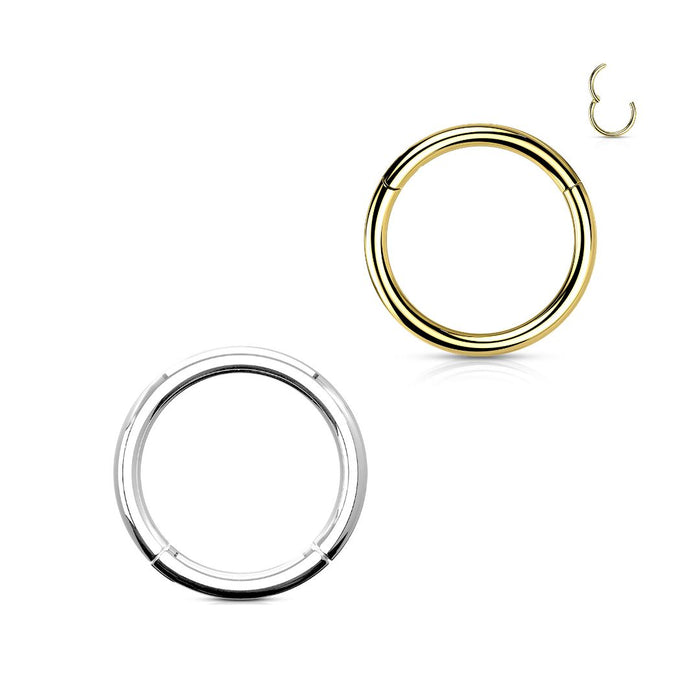
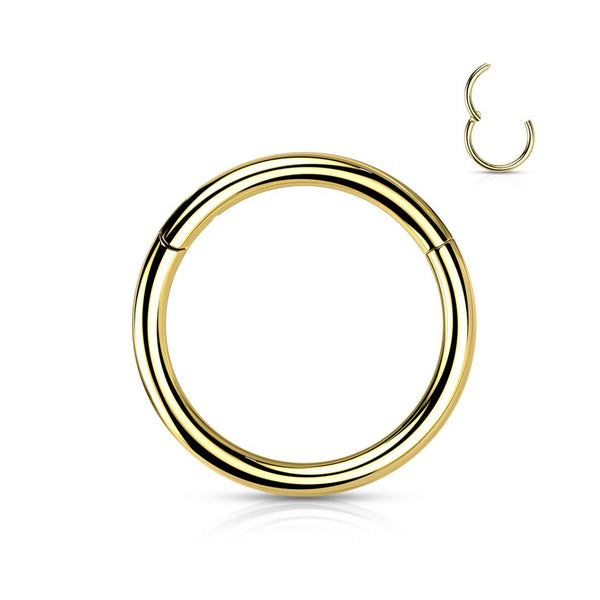
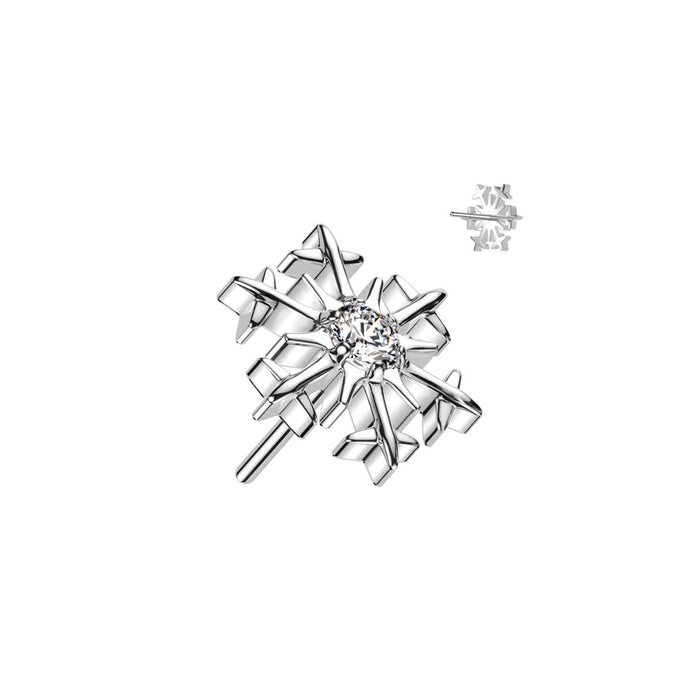

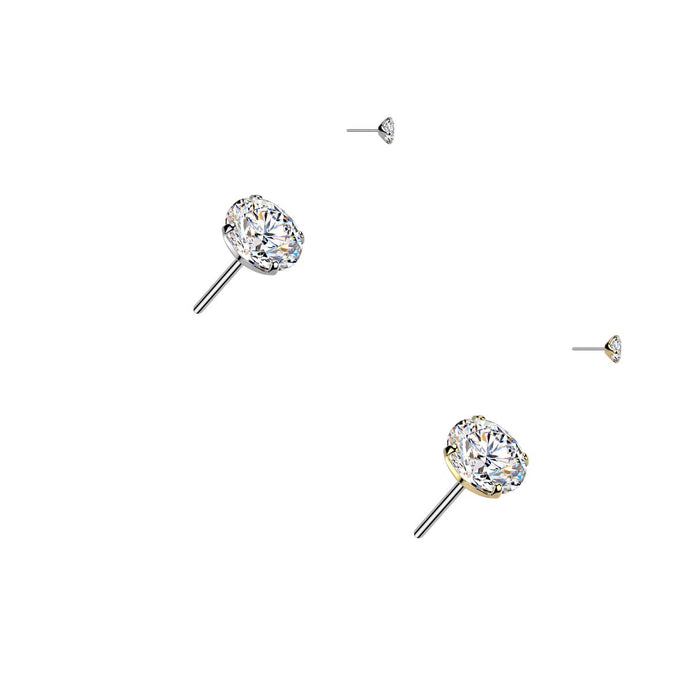
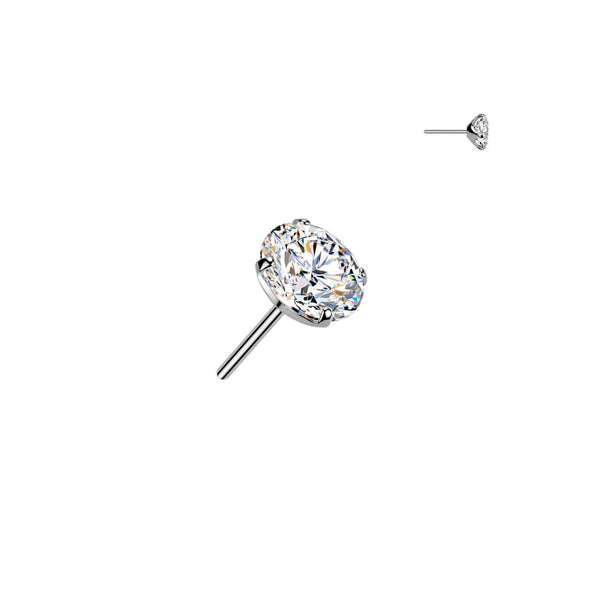
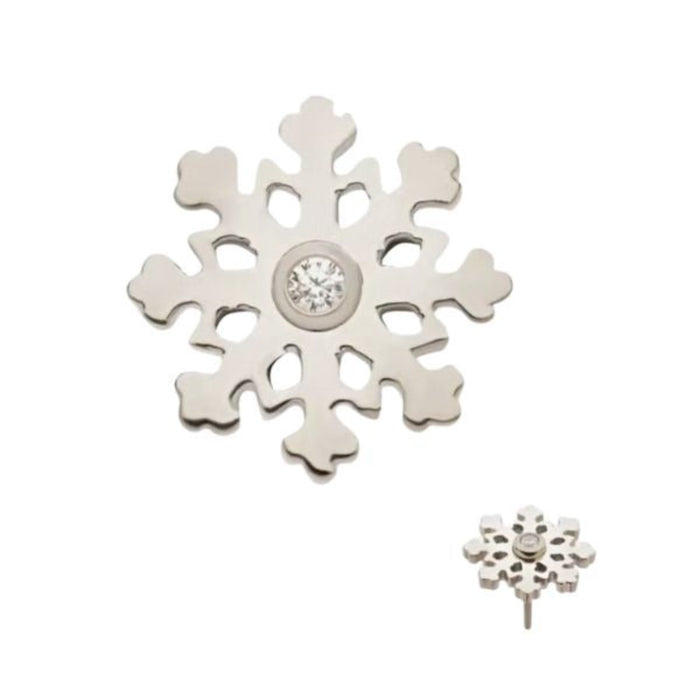

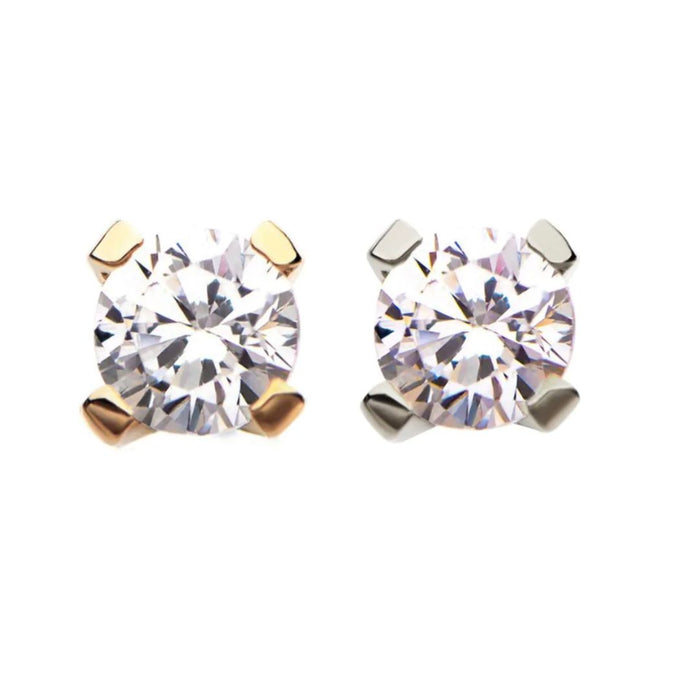
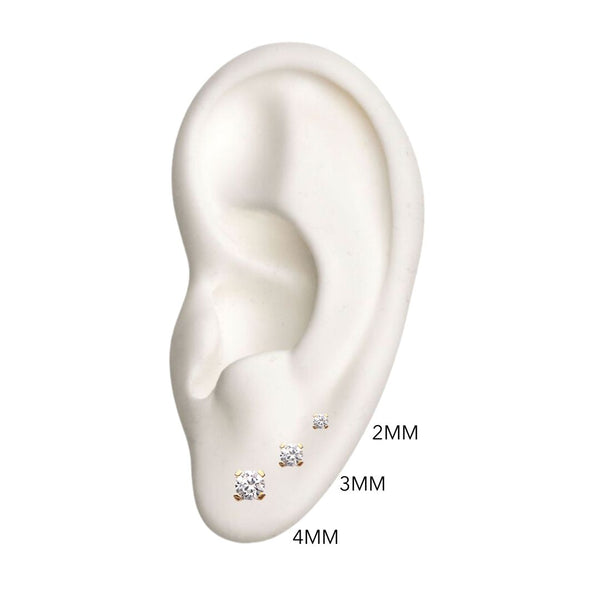
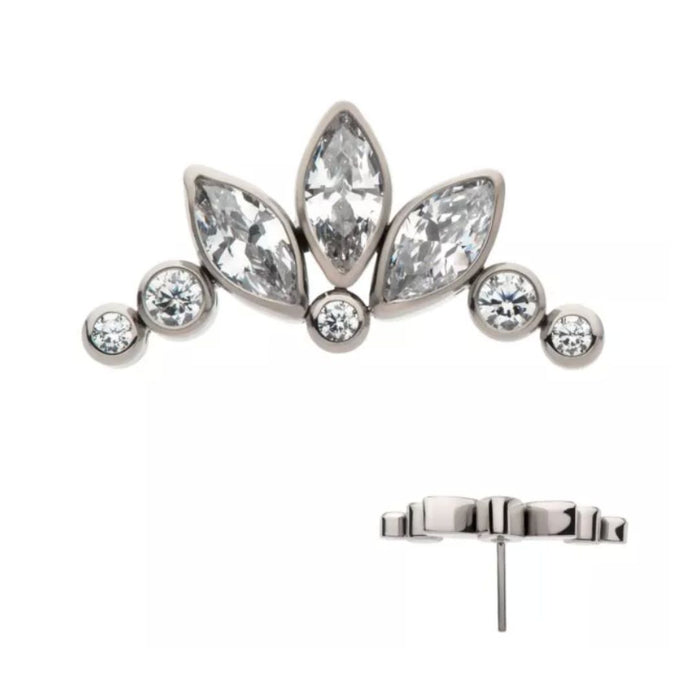

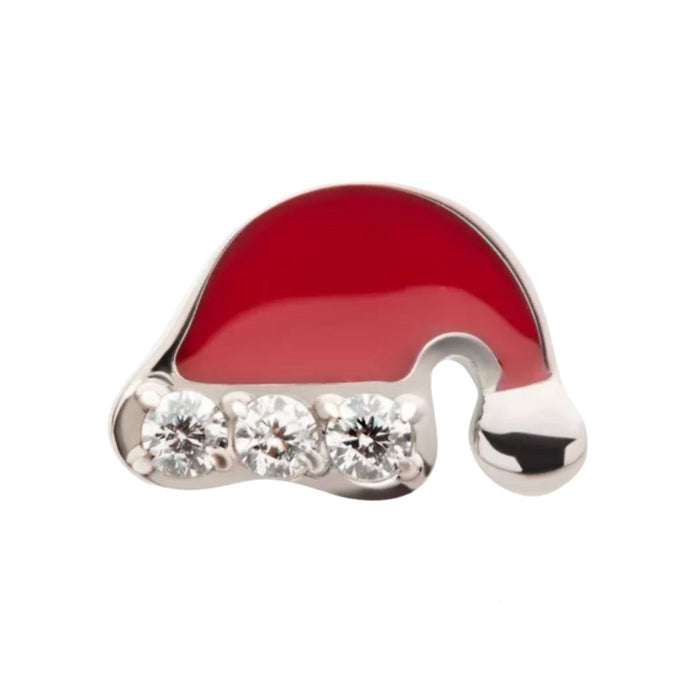

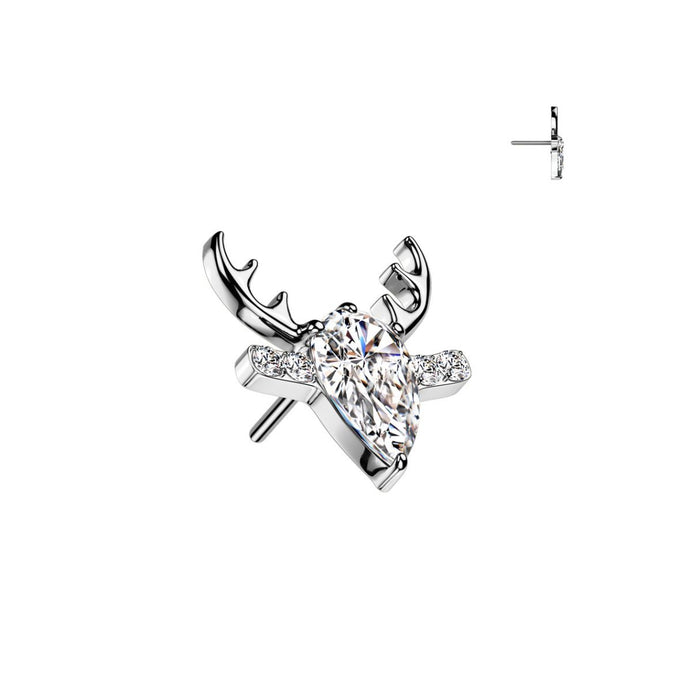

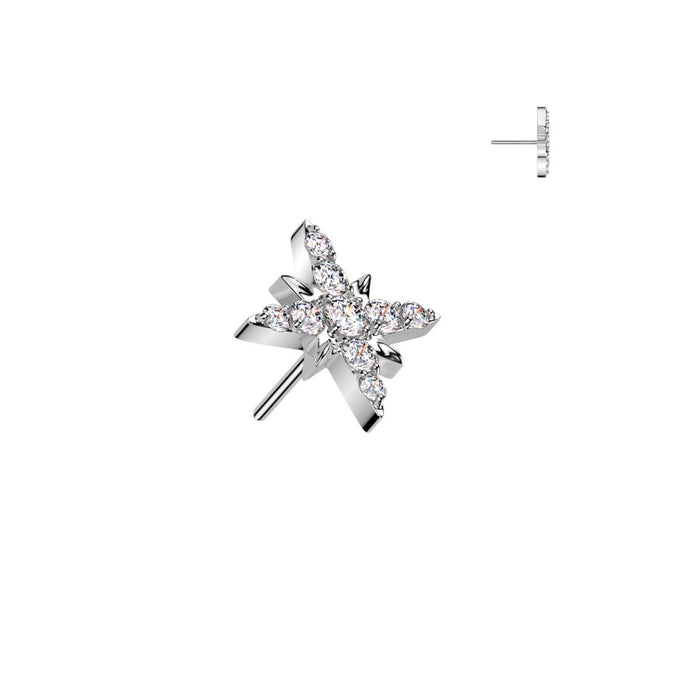
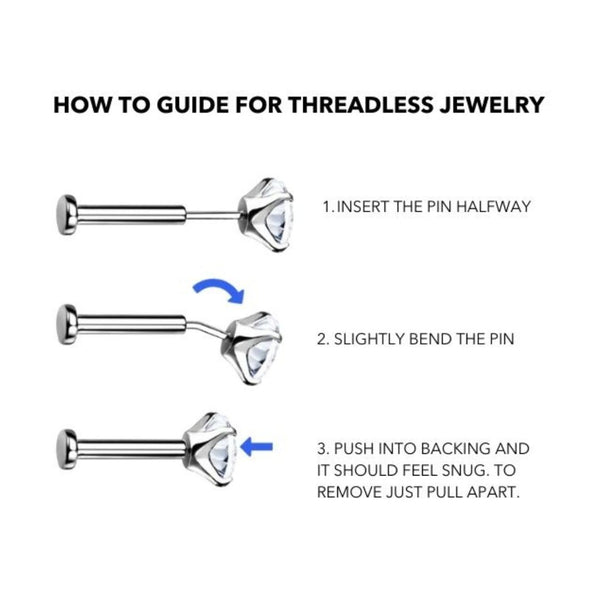


0 comments